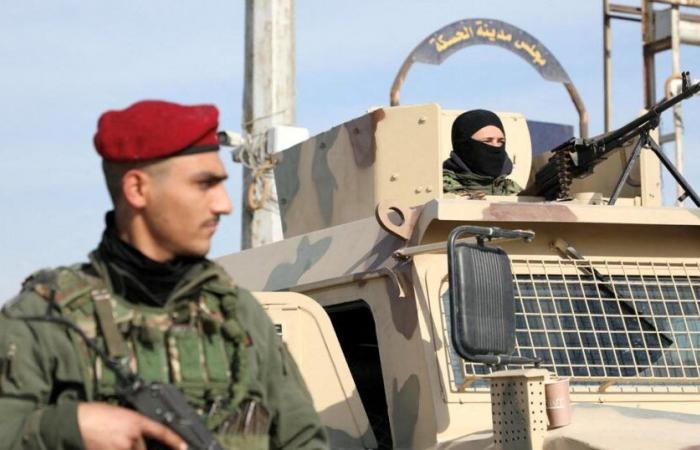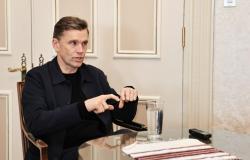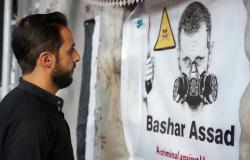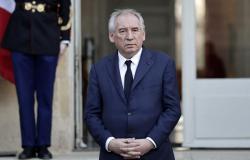UPDATE ON THE SITUATION – Germany fears a worsening of the conflict with Kurdish units in northern Syria, while several Arab delegations are in Damascus to meet the new Syrian leader.
On Monday, the head of German diplomacy warned Turkey against an escalation of the conflict with Kurdish units. The same day, the head of Jordanian diplomacy Ayman Safadi met the new leader of neighboring Syria, Ahmad al-Chareh. Le Figaro takes stock of the situation.
Berlin warns of war between Turkey and Kurdish forces in Syria
The head of German diplomacy warned Turkey on Monday against a hardening of its conflict with Kurdish units in northern Syria, after the fall of Bashar al-Assad. A Turkish war against the Kurds in Syria “must not take place”said Annalena Baerbock on German radio Deutschlandfunk.
“It wouldn’t help anyone.” if the jihadist movement Islamic State (IS) “profited from a conflict” between Turkey and the Kurds, she stressed, adding that “it would be a danger for the security of Syria, but also for Turkey and for us, Europe”.
Since the fall of Bashar al-Assad, Ankara has supported an offensive by armed groups against the Kurdish forces who control part of northern Syria. Ankara views the Syrian Democratic Forces (SDF), a Kurdish-led and US-backed group, as an extension of its archenemy, the Kurdistan Workers' Party (PKK).
Jordan supports reconstruction of Syria, says its foreign minister in Damascus
Jordanian foreign minister Ayman Safadi expressed his country's support for Syria's reconstruction during a meeting Monday in Damascus with new Syrian leader Ahmad al-Shareh, Jordanian state television reported. . Ayman Safadi is the first senior Jordanian official to visit Syria since the fall of Bashar al-Assad two weeks ago following a dazzling offensive by a coalition of rebels led by the radical Islamist group Hayat Tahrir al- Cham (HTC).
According to the Al-Mamlaka channel, Ayman Safadi discussed with the new Syrian authorities opportunities for collaboration in various areas, such as trade, border management, humanitarian aid, electricity interconnections and security. Safadi expressed his support for “a government that represents all trends in Syria”as well as “a new constitution”adding that “Arab countries agreed to support Syria at this stage without any external interference”.
Iran affirms support for Syria's sovereignty
The Iranian Ministry of Foreign Affairs affirmed Monday its support for the sovereignty of Syria after the fall of Bashar al-Assad following a rebel offensive, while affirming not “not (have) direct contact” with the new Syrian leaders. “Our principled position on Syria is very clear: preserve sovereignty and integrity” of the country “and allow the Syrian people to decide their future without foreign interference”declared ministry spokesperson Esmaïl Baghaï, adding that Syria should not become a “den for terrorism”.
Saudi delegation meets new Syrian leader in Damascus
A high-ranking Saudi delegation met the new Syrian leader, Ahmad al-Chareh, in Damascus, a source close to the government told AFP on Monday. This meeting, held on Sunday, marks the first known official contact between the Saudi government and the new Syrian administration.
The Saudi delegation notably discussed “the situation in Syria” and the eradication of illegal trade in “captagon”an amphetamine derived from a drug, with Ahmad al-Chareh, head of HTS, said this source close to the government on condition of anonymity. Saudi Arabia called in early December for concerted efforts to prevent Syria from falling into “chaos and division” after the fall of Assad. Under the ex-president, Syria had become a narco-state thriving on the illegal trade in captagon, of which Saudi Arabia constitutes a key market.






